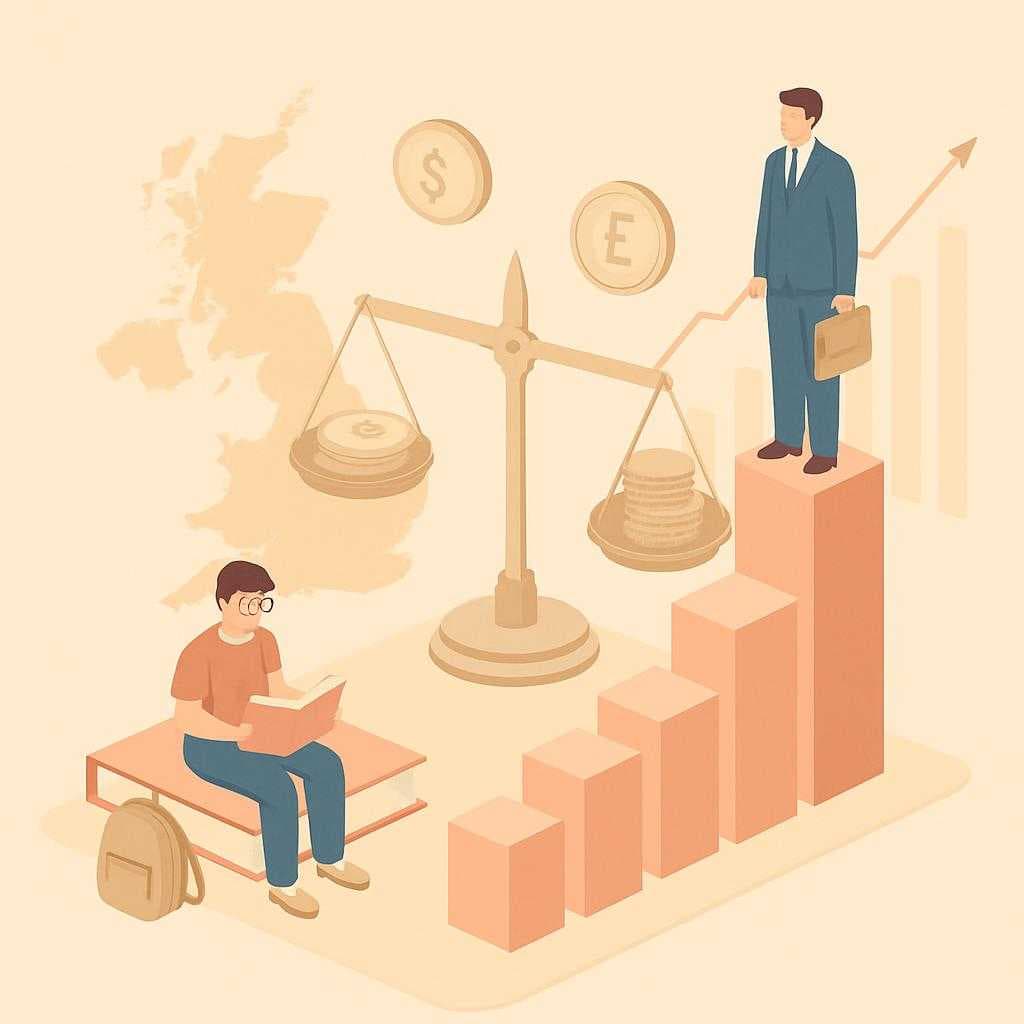Exploring Economic Inequality: A GCSE Student's Guide to the UK Examination
Summary: Delve into the crucial topic of economic inequality with this engaging guide tailored for GCSE Economics students. Gain insights into its causes, effects, and relevance in the context of UK exams, with a focus on AQA, Edexcel, and OCR exam boards.
Economic inequality is a significant topic that resonates deeply in today's world, and understanding it is essential for students preparing for their GCSE Economics exams. Whether you're studying under AQA, Edexcel, or OCR, this guide will help you navigate the complexities of economic inequality and its implications.
Understanding Economic Inequality
Economic inequality refers to the uneven distribution of wealth and income among individuals and groups within a society. It is a subject of debate and concern worldwide, including in the UK. As a GCSE Economics student, you'll encounter topics that explore the causes and consequences of this inequality, making it crucial to have a firm grasp of the concept.
Causes of Economic Inequality
-
Education Disparities: The quality and accessibility of education can significantly impact income levels. Students from disadvantaged backgrounds often face barriers to acquiring skills that are in demand in the job market.
-
Labor Market Structures: The UK's labor market, characterized by varying wage rates and employment opportunities, contributes to economic inequality. Understanding how supply and demand affect wages is vital.
-
Government Policies: Taxation and welfare policies play a pivotal role in either mitigating or exacerbating inequality. Familiarize yourself with the role of government intervention and its impact on different income groups.
Effects of Economic Inequality
Economic inequality can lead to social and economic issues, such as reduced social mobility, increased poverty, and social unrest. As a GCSE student, you'll need to analyze how these factors influence economic well-being and policy-making.
Preparing for UK GCSE Exams
To excel in your GCSE Economics exam, understanding economic inequality is crucial. Each exam board, whether AQA, Edexcel, or OCR, will have its unique approach to assessing your knowledge. Here are some tips to help you prepare:
-
AQA: Focus on understanding government policies and their effects on inequality. Be ready to analyze case studies and apply theoretical knowledge to real-world scenarios.
-
Edexcel: Emphasize the role of market structures and labor markets in contributing to inequality. Develop skills in evaluating economic policies and their outcomes.
-
OCR: Gain proficiency in analyzing data and interpreting economic indicators related to inequality. Practice constructing well-argued essays that address both causes and consequences.
Economic inequality is a multifaceted topic that requires a comprehensive understanding of its various aspects. By preparing effectively and tailoring your revision to the specific requirements of your exam board, you can confidently tackle this crucial subject in your GCSE Economics exam.
